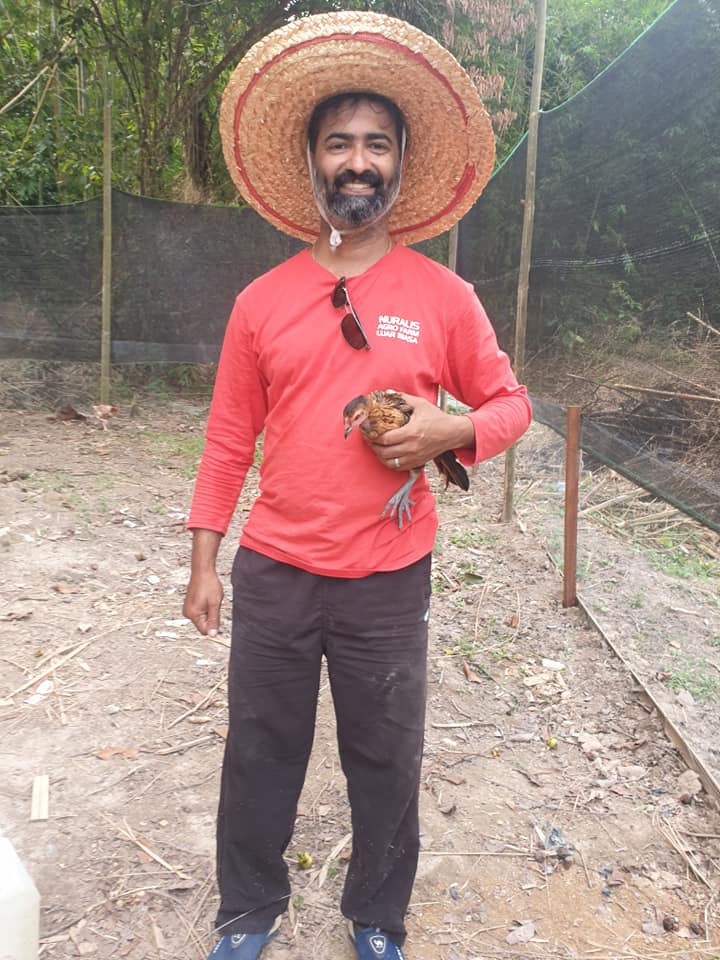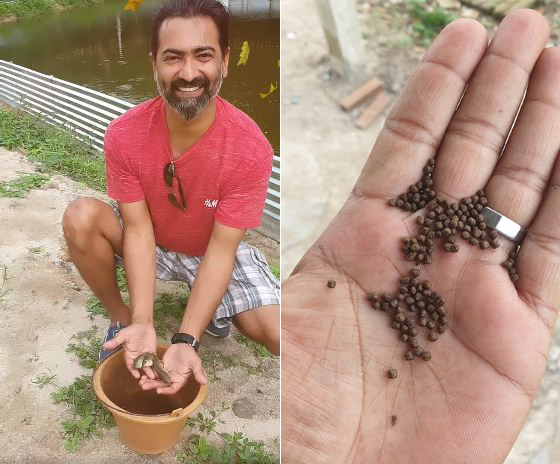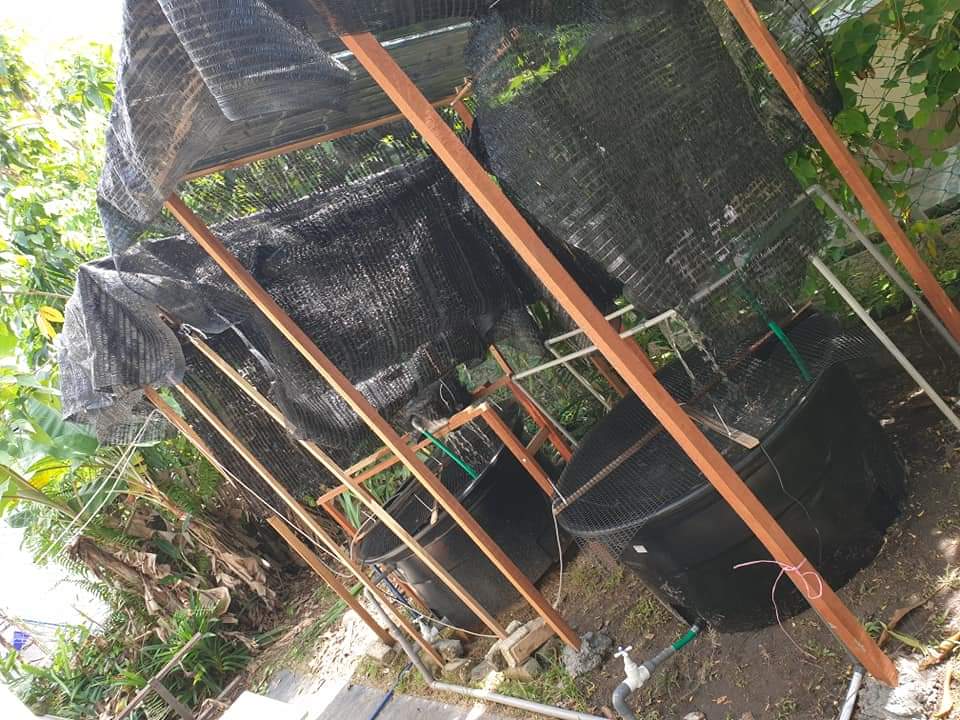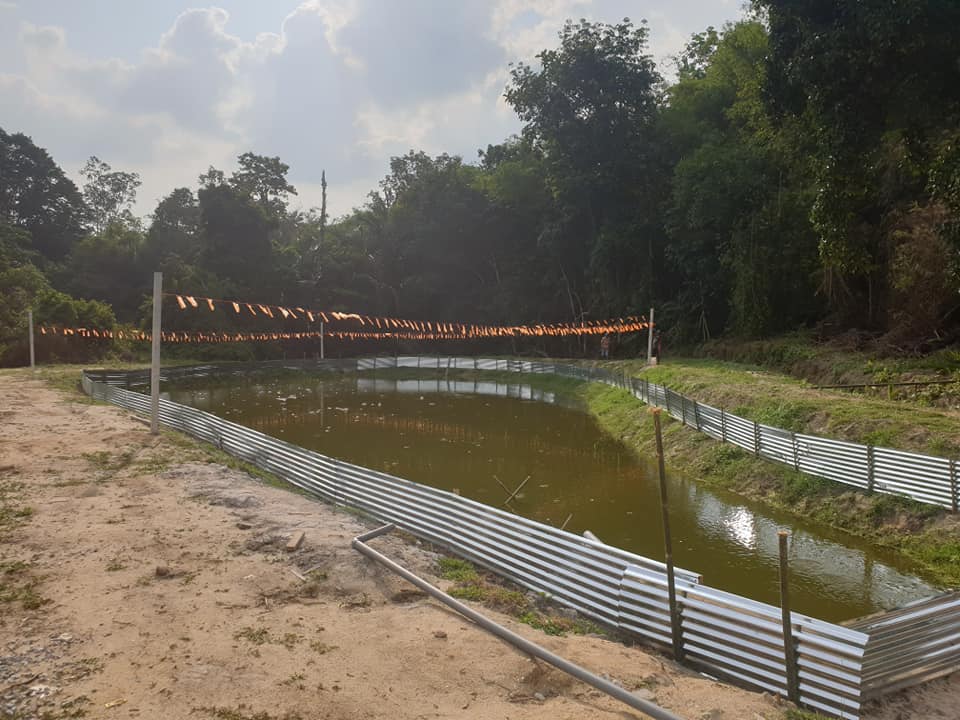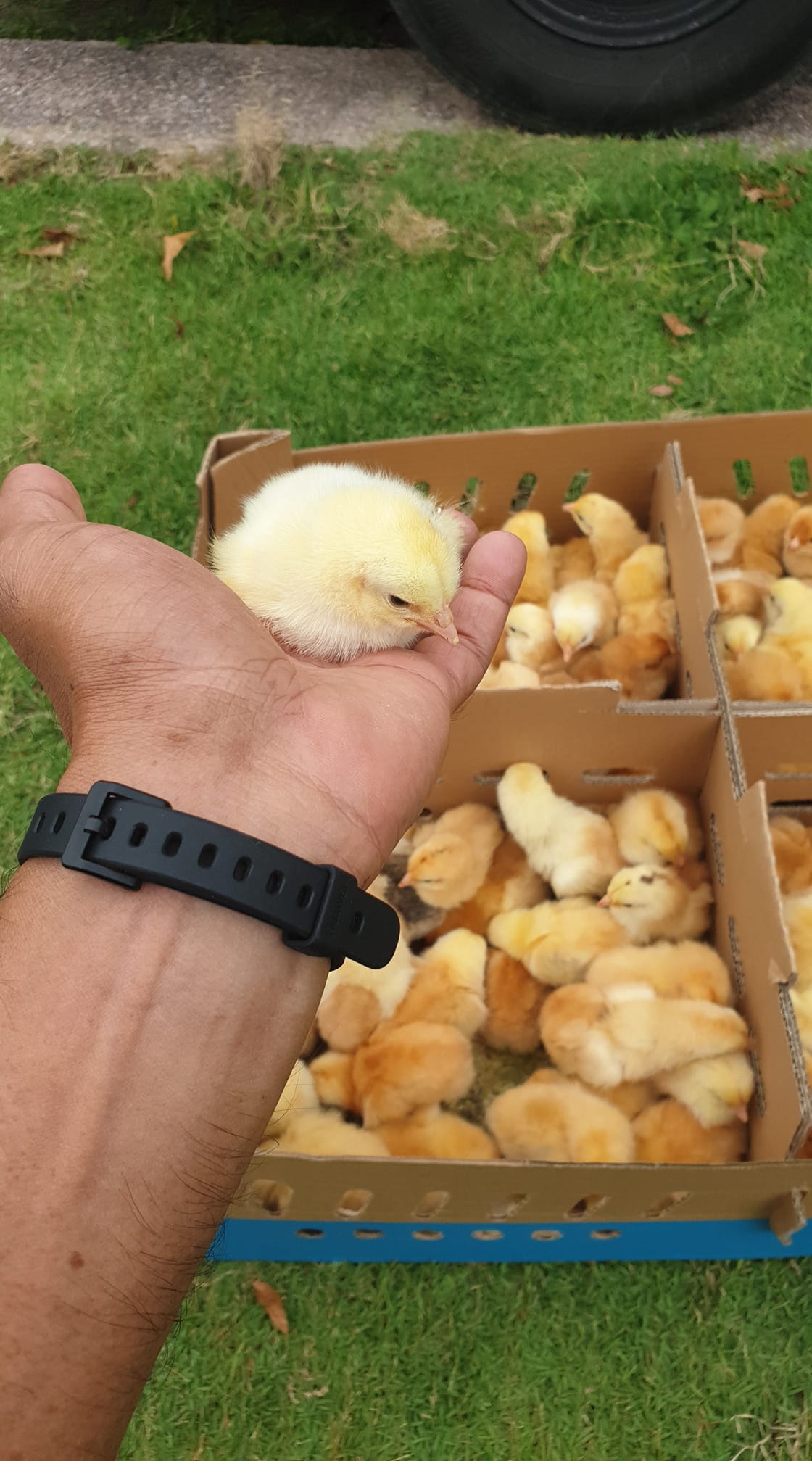40-Year-Old Cabin Crew Finds New Happiness In Farming Amidst The Pandemic
"You are capable of a lot more than what you believe," said the new business owner.
Meet Subra Subbaraman
He is a flight attendant who has been on unpaid leave since March 2020. Not letting that get to him, he has turned to farming since the pandemic began.
Hailing from Seremban, Negeri Sembilan, Subra told SAYS that he was not paid a salary since the Movement Control Order (MCO) was implemented
"Thanks to the moratorium from Bank Negara and some reduction in expenses, my family and I are still doing okay," said the 40-year-old father of two.
Filled with uncertainty about the aviation industry and left without a source of income, he thought it was finally a chance to give his retirement dream an early go.
"I've wanted to get into fish farming as something I'd do when I retire in 15 years!" he said, even though, as a cabin crew for the past 13 years, he knew completely nothing about rearing fishes or starting up a farm in early 2020.
In the first six months of MCO, Subra said he kept himself busy, building a pond with his own two hands to rear tilapia at the back of his home
"Poly tanks, water pumps, filters, aquaponics... I learned from YouTube and the Internet. Built filters and set up piping systems based on what I saw online. Hands-on all the way," he said.
As an absolute beginner, Subra added he made countless mistakes, killed quite a number of fishes, and initially worried if he could really generate some income for his family from fish farming.
However, after eight months of seeking advice, learning, and slowly improving, he started selling fishes to close friends and family.
Fast forward to June this year, Subra now runs a fish pond breeding about 20,000 ikan puyu Siam
"I registered a company in March for the purpose of farming and found a piece of land for rent in April. Cleared up the overgrowth, cleaned up the pond, set up a cabin for a worker, and put fishes in early June," the newfound farmer said.
However, he still has many challenges to face. "Main challenge was budget. Every sen is from my own savings. Working with a small budget definitely limits my options," he explained.
"For now, I feed the fishes pellets three times daily. This is currently the biggest cost in the farm as each bag costs about RM65. That's RM65 per day, which will only increase as the fishes grow bigger."
He aims to find buyers, regardless of retail or wholesale, when the fishes reach maturity around September.
Meanwhile, as he waits for the fishes to grow, he has also ventured into breeding chickens
"I got a contractor to build a small chicken coop. But as he was paid a daily wage, I also joined in and helped to cut wood and all that, just so the project could be completed sooner and to save cost," Subra said.
The coop can accommodate around 300 to 400 chickens, he added, but he has only started small and will only increase their quantity with time.
The new business owner has also employed a worker to stay on the farm and help him take care of the fishes and chickens.
Subra said he is currently happy with the farm as he has something that he can call his own
"Although the outcome is still uncertain and I have yet to show any results, I have confidence that I can do this. I will find a way to succeed in fish farming," he said.
With a lot more to learn, Subra added, "I am still a newbie in this. I am not experienced enough to advice anyone. But as someone who is facing a future with uncertainties like thousands, if not millions, others around the globe – I want to tell them that it is not the end of the world."
"You are capable of a lot more than what you believe. Don't ever let yourself be stuck. Move. Take the first step. Just keeping taking baby steps until you succeed."
Follow Subra's farming journey on his Facebook page.
